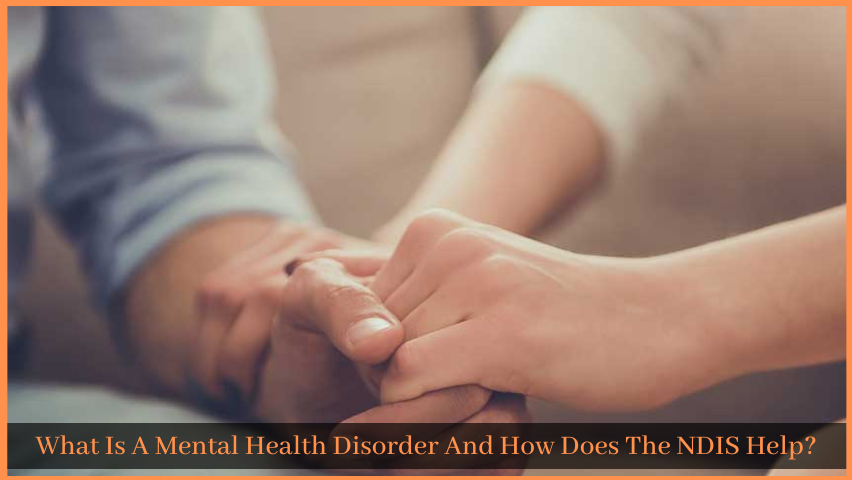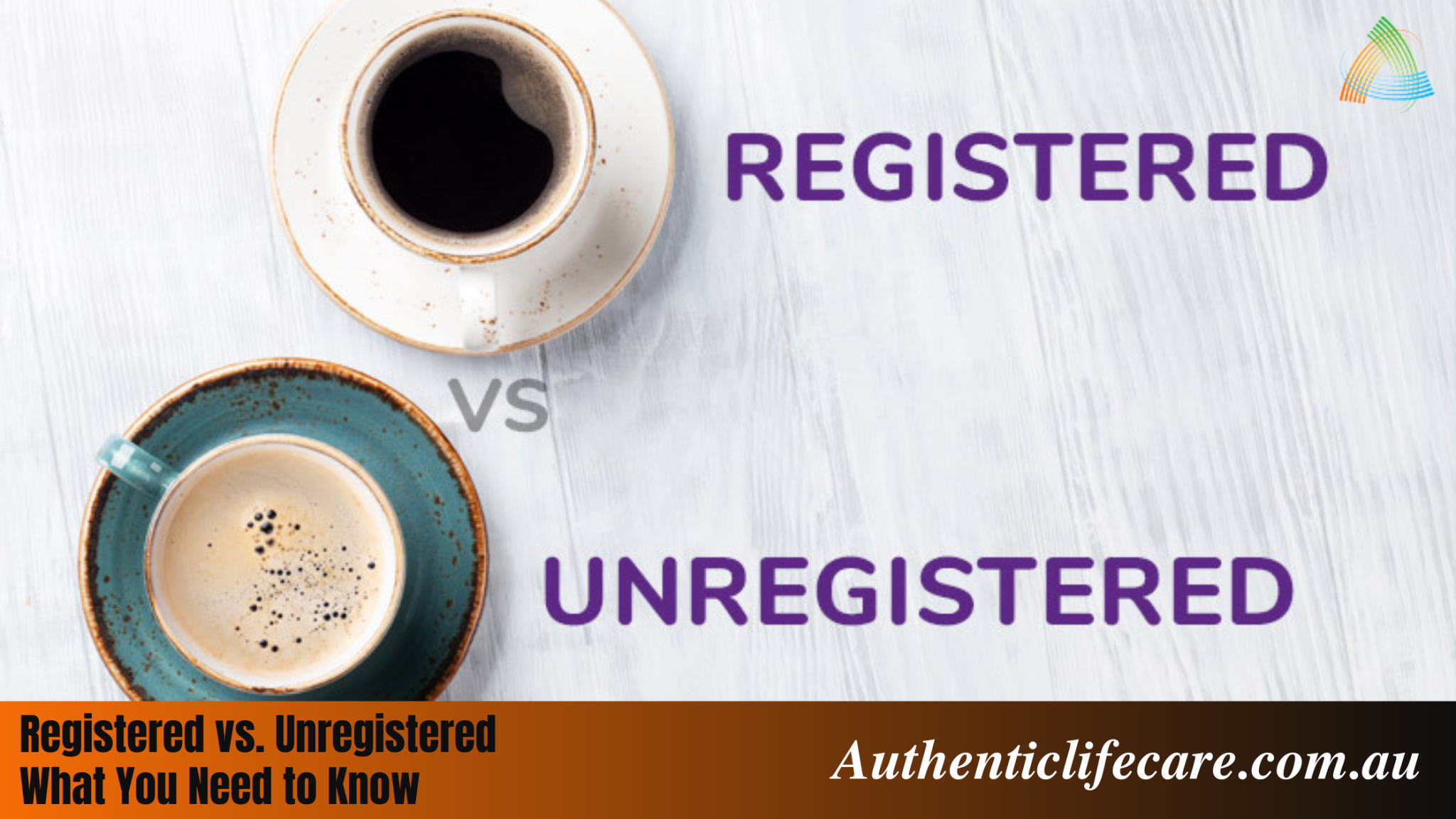Various forms of mental health problems, such as anxiety, personality disorders, depression, mood disorders, and so on, affect millions of people around the world.
People used to be hesitant to come out and publicly discuss their mental health issues. However, over time, mental health problems are no longer taboo.
Mental health issues are addressed, and they are effectively handled with the aid of proper treatment and medication.
Mental wellbeing, in general, refers to one’s emotional and psychological well-being. You will live a happy and safe life if you have good mental health. You are constantly encouraged and inspired to overcome many challenges in life.
Numerous factors affect your mental health, including your surroundings, past experiences, life events, and even genetics.
The following are a few of the few ways to keep your mental and physical health in check:
- By maintaining a positive outlook
- By remaining physically fit and active by daily exercise.
- Getting enough sleep is important.
- Maintaining a balanced lifestyle and eating a nutritious diet.
Australia’s Mental Health Challenges
In Australia, mental health problems are very common, with one in every five people (20%) experiencing mental illness at some point during the year.
The age group affected by mental health problems ranges from 16 to 85 years old.
Depression, anxiety, and alcohol use disorders are the most common forms of mental illness in these people.
Mental health, like most diseases, may be handled if constructive measures and help are implemented to reduce the risks.
What is Psychosocial Disability (PSD) and how does it affect you?
Psychosocial Disability (PSD) is a term that refers to impairments caused by mental health problems. In general, it applies to the social effects of disability and how life is impacted as a result of it.
PSD patients also struggle to integrate into the community, set priorities and goals, execute strategies, connect with community members, and participate in other social and recreational activities.
The National Disability Insurance Scheme’s (NDIS) role
A person must be qualified for the NDIS programme, which means he will have to show both the degree of his impairment and the need for assistance.
There may be some variation in the severity of mental health problems. For example, some people will only have it for a short time and others will have it for a long time. Because of this variability, some people may not be eligible for the NDIS.
The National Disability Insurance Scheme (NDIS) has taken an active role in assisting people with disabilities by collaborating with community-based agencies.
Recovery is not described as “cured” in the NDIS when coping with psychosocial disabilities. It is involved to assist the individual in achieving a state of personal and emotional well-being that is optimum.
Since mental health issues vary in severity and severity in individuals, NDIS plans are versatile and accommodating to accommodate your needs based on your specific needs.
The NDIS seeks to help people with mental illnesses live more independently, engage in their communities, and connect with others by offering safer facilities and high-quality support services.













